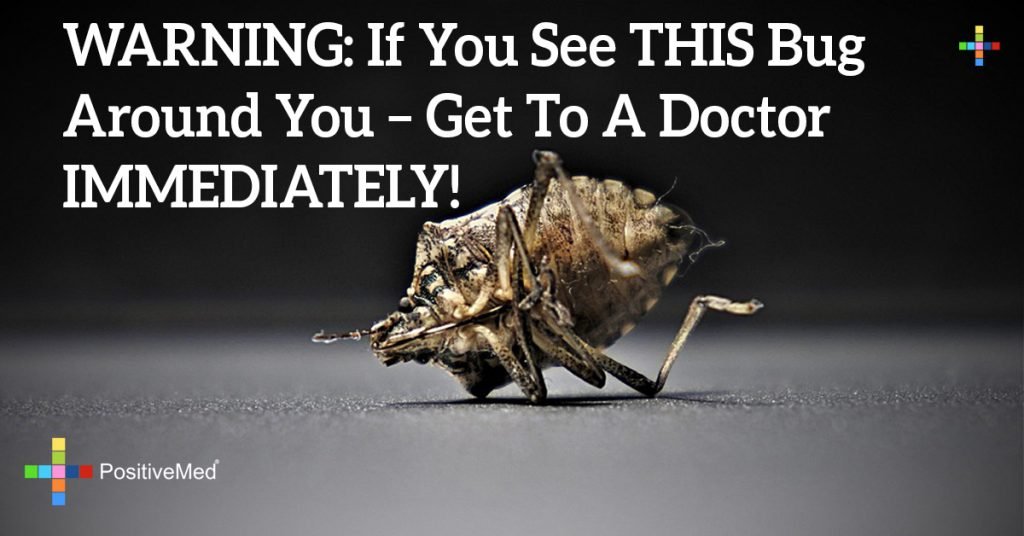
While well-known pests like mice, rats, and cockroaches have their own dangers, there are plenty of non-native pests that can be incredibly dangerous to people. Kissing bugs are the latest accidental import to the United States, and they carry a nasty disease or cause uncomfortable allergic reactions in people.

What are Kissing Bugs?
Kissing bugs, also known as reduviid bugs, are found in southern countries like Mexico, Central America, and South America. They’re now found in the southern United States, but they’ve been reported in over half of the states now. These bugs are found indoors and outdoors. If they’re living outside, they’re found in areas like woodpiles, in outdoor dog kennels, under porches, and in cracks and holes in homes/buildings. They come out at night, preferring to hide away during the day. They like to stay close to blood hosts like humans, mammals, birds, and even reptiles, so chicken coops can become infested. Well constructed and sealed homes don’t usually see kissing bugs indoors because the bugs prefer to find easily accessible homes.
Why Are They Dangerous?
Kissing bugs are dangerous because they carry a parasite known as Trypanosoma cruzi that causes Chagas disease. This disease attacks the digestive and cardiovascular systems. There are two phases to Chagas disease. The acute phase includes symptoms like fever, rash, sores where the parasite entered the body, vomiting, diarrhea, and swollen eyes. This phase isn’t dangerous to healthy adults, but it is harmful in children or immunocompromised people. In healthy people, the symptoms of the acute phase disappear on their own, and the parasite goes dormant in the body for years.

RELATED ARTICLE: What You Should Know About Bed Bugs
The second phase, the chronic phase, is when things get dangerous for the parasite’s host. This is when the heart and digestive systems are targeted and damaged. The parasite causes an enlargement of the heart, intestines, or esophagus. An enlarged heart leads to heart failure or an irregular heartbeat, and these things can then lead to a heart attack.
How is Chagas Disease Transmitted to Humans?
Kissing bugs are given that nickname because they typically feed on blood through the thin skin around a person’s mouth. However, it isn’t the bite that transmits the parasite; it’s the bug’s feces. When a bug bites a person or animal with a T. cruzi infection, the bug becomes positive and the parasite is subsequently spread through the newly infected bug’s droppings. As the bugs feed on people/animals, they leave feces on the skin, which then enter the person through their eyes, mouth, or through the bite.
Is Chagas Disease Treatable?
The parasite is easily treatable during the acute phase, and doctors can run a blood test to see if the patient is positive for the parasite. Patients who test positive need to undergo heart tests to ensure the heart hasn’t been affected. The two drugs that treat the parasite (benznidazole and nifurtimox) kill it, but they must be taken soon after infection in order to be completely effective. The longer the disease is present, the less likely it is the drugs will work. In the United States, the drug isn’t approved by the FDA, so patients have to get it from the Center for Disease Control.
Over 8 million people in Latin America test positive for Chagas disease. While it’s virtually unheard of in the United States, other countries don’t have this luxury. People living in areas with kissing bugs should be able to recognize the bugs and take the proper precautions to prevent an infestation.





